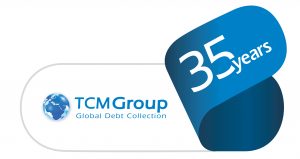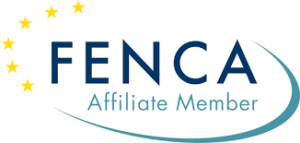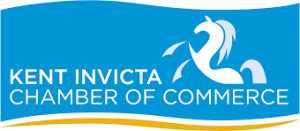About
News & Articles
A Guide to UK Debt Collection
Economic conditions are tough in the UK and across Europe at the moment and with many businesses and sectors struggling, late payment and non-payment are ever-present issues.
Many businesses turn to a professional debt recovery agency to handle their debt collection needs, and this can often be the most efficient way to deal with the issue. But what steps can a debt recovery agency take on your behalf? The approach depends on whether the debtor is a consumer or a business.
Business Debt Recovery
Anyone can start a business in the UK. The cost is minimal and the process straightforward. For this reason, one of the most important steps is to vet any business that you work with, which can help to weed out companies that are not reliable.
When you have a B2B debt to recover, the first stage is to contact the debtor. Sometimes they are uncontactable, in some cases because the business is no longer trading. But even in this circumstance, a professional debt recovery agency can still trace a business and find an appropriate solution, whether you are pursuing a national or international debt collection issue.
Consumer Debt Recovery
With consumer debts, locating the debtor can often be the main problem. With no register of citizens in the UK, it can be tricky to find people. However, there are privately owned databases and other sources that debt collection agencies can use to trace people. Once the person has been traced, initial contact will be made through letters, emails or phone calls.
It is important to note that the modern debt recovery sector is radically different to the stereotype of the old-fashioned debt collection firm. Modern agencies have a legal duty to consider the financial and wider personal situation of debtors, and to work to reach mutually acceptable solutions, liaising with other bodies such as the Citizens Advice Bureau where necessary.
If Debtors don’t pay
When these approaches fail, the next step is usually to refer the matter to the courts. In cases that are undefended, the resolution can be quick, while cases that are defended could take up to nine months to resolve. If the debt is over £10,000, the issue could take up to three years to conclude.
Once the process has been completed, and judgement is given by the Court, initial enforcement action will then be handled by an Enforcement Officer, who will aim to contact debtors directly. Ultimately, assets can be seized in pursuance of the debt, although this will usually only be possible through making an application to the Court directly.
Important Debt Collection tip – Consider a Debt Collection Agency as an Outsourcing Alternative
If you need to pursue a debt through to enforcement, you will need access to information. This includes your debtor’s assets and sources of income, without which enforcement can be difficult. For this reason, you should always ensure that you have the necessary details at the start of any business deal or credit agreement, which can save valuable time later on. Information such as bank details cannot be obtained so the best time to gather this data is then you first open the account for your client.
Referring the issue to a specialist debt recovery company can also prove to be a useful strategy. Professional debt collection experts, particularly those with overseas expertise, will be able to efficiently secure repayment of your debt using the quickest and least confrontational method, leaving you free to focus on the day-to-day running of your business.
CLI, member of the CSA is a Debt Collection Specialist – Call us today and find out how our experienced debt collection team can help.
Why Choose Us
30 Years experience delivering successful debt collection solutions to businesses
Years Experience
Business Clients
recovered /YEAR
COUNTRIES SERVICED
under management
Are you looking to recover your debt?
Get a Free Quotation
If you are looking for a free quotation, fast and effective collection on an overdue account, or a durable solution to manage UK or international claims, please fill out our debt collection form.







